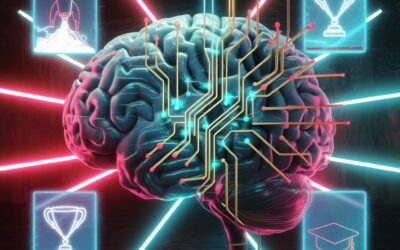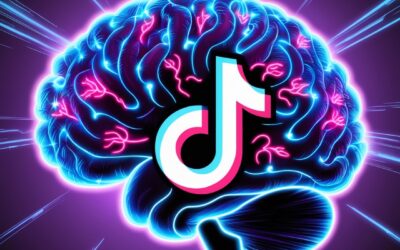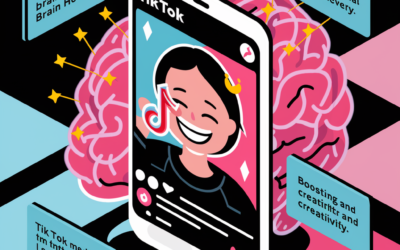-
- Trauma or injury to the head
- Alcohol and drug abuse
- Exposure to toxic chemicals or pollutants
- Lack of oxygen to the brain
- Stroke
- Infections, such as meningitis or encephalitis
- Nutritional deficiencies
- Chronic stress
- Smoking
- High blood pressure
- Diabetes
- Lack of sleep
- Age-related degeneration
- Genetics
- Certain medications
- Radiation therapy
- Concussion
- Repetitive head injury
- Electromagnetic fields exposure
- Carbon monoxide poisoning
- Opioid overdose
- Anesthesia
- High fever
- Seizures
- Chronic traumatic encephalopathy
- Brain tumors
- Hypoglycemia
- Cardiac arrest
- Autoimmune diseases
- Hyperthermia
- Leukemia
- HIV/AIDS
- Lack of physical activity
- Lack of mental stimulation
- Social isolation
- High altitude sickness
- Lack of sunlight
- Anticholinergic medication
- Iron deficiency. Iron is an essential mineral that plays a critical role in brain function and overall health. Iron deficiency, also known as anemia, occurs when the body does not have enough iron to produce enough hemoglobin, the protein in red blood cells that carries oxygen to the body's tissues, including the brain. Iron deficiency can lead to a variety of neurological problems such as cognitive impairment, including memory loss, difficulty with concentration, and irritability. It can also lead to developmental delays, behavioral problems, and learning difficulties in children. In severe cases, iron deficiency can also cause fatigue, weakness, and decreased immunity, making a person more susceptible to infections which can also damage the brain. Iron deficiency is most commonly caused by a lack of iron in the diet, but it can also be caused by blood loss, pregnancy, or an inability to absorb iron properly. It's important to get enough iron in your diet, and if you suspect that you may have an iron deficiency, you should consult a medical professional for a diagnosis and treatment.
- 40. Zinc deficiency. Zinc is an essential mineral that plays a role in various brain functions, including memory and cognitive development. A deficiency in zinc can lead to cognitive impairment, depression, and other neurological disorders.
- 41. Vitamin A deficiency. Vitamin A is essential for proper vision and immune function, but it also plays a role in brain development. A deficiency in vitamin A can lead to neurological problems, such as blindness, and cognitive decline.
- 42. Vitamin B1 deficiency. Vitamin B1, also known as thiamine, plays a critical role in brain function and energy metabolism. A deficiency in vitamin B1 can lead to neurological problems, such as confusion, irritability, and difficulty with coordination, as well as the development of a serious condition called Wernicke-Korsakoff syndrome, which can cause memory loss, confusion, and difficulty with coordination.
- 43. Vitamin B2 deficiency. Vitamin B2, also known as riboflavin, plays a role in brain function and mental health. A deficiency in vitamin B2 can lead to neurological problems, such as confusion, depression, and a loss of sensation in the limbs.
- 44. Vitamin B3 deficiency. Vitamin B3, also known as niacin, plays a role in brain function and mental health. A deficiency in vitamin B3 can lead to cognitive decline and dementia.
- 45. Vitamin B6 deficiency. Vitamin B6 is essential for the proper functioning of the nervous system and the brain. A deficiency in vitamin B6 can lead to neurological problems, such as irritability, depression, confusion, and seizures.
46. Vitamin B12 deficiency. Vitamin B12 plays a critical role in the formation of red blood cells and the proper functioning of the nervous system. A deficiency in vitamin B12 can lead to neurological problems, such as confusion, memory loss, and difficulty with coordination. It's particularly important for the elderly population and vegetarians/vegans to have a sufficient intake of vitamin B12 as they have higher risk of deficiency.
47. Vitamin C deficiency. Vitamin C is an antioxidant that helps protect the brain from damage caused by free radicals. A deficiency in vitamin C can lead to cognitive decline and dementia.
48. Vitamin D deficiency. Vitamin D plays an important role in maintaining overall health, including brain health. It is known to be involved in the regulation of gene expression and neuroplasticity, which is the ability of the brain to change and adapt in response to new experiences. Low levels of vitamin D have been linked to an increased risk of cognitive decline and dementia, as well as an increased risk of depression and other mental health disorders. Additionally, Vitamin D also plays a role in the development and maintenance of the immune system, and a deficiency can make a person more susceptible to infections such as meningitis and encephalitis, which can also damage the brain.
49. Vitamin E deficiency. Vitamin E is an antioxidant that helps protect the brain from damage caused by free radicals. A deficiency in vitamin E can lead to neurological problems, such as ataxia (lack of muscle coordination) and difficulty with fine motor skills.
50. Vitamin K deficiency. Vitamin K plays a role in blood clotting and bone health, but it also has a role in brain health. A deficiency in vitamin K has been linked to an increased risk of cognitive decline and dementia.
It's important to note that, some of the above mentioned can be preventable and some of them can be treated and managed with medical attention. Also, not all of the above affect everyone in the same way or to the same degree. And it would require greater specificity to determine the extent of brain cell damage. If you have concerns about your brain health, please consult a medical professional. In case you are interested in more there is also 50 ways to kill brain cells which you might want to check out.

























